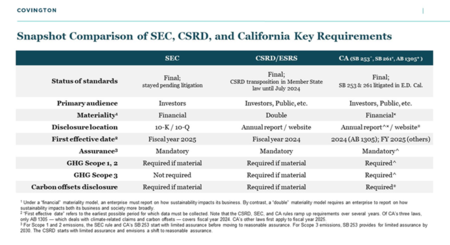Puppy scam losses in Western Australia totalling more than $28,000 were reported in June, prompting Consumer Protection to issue a new warning for consumers to be cautious when responding to advertisements on websites, trading sites and social media.
A total of 18 puppy scam reports were received last month, with individual losses ranging from $150 to more than $5,000.
Commissioner for Consumer Protection Penny Lipscombe said the COVID-19 restrictions have boosted the demand for puppies.
“Many people who are still working from home due to COVID-19 coronavirus restrictions have been on the search for a new work companion, while others are just looking for an addition to the family,” Ms Lipscombe said.
“They’ve ended up handing over thousands of dollars in some cases but did not receive their much wanted puppy.
“We are reminding consumers to do a few checks before responding to advertisements or sending any money.”
“The most common puppies being sought in recent scams were French and British Bulldogs but, regardless of the breed advertised, these scams tend to follow a similar pattern.
“Scammers provide consumers with images and videos, usually stolen from other websites, as proof they have puppies for sale. Purchasers are then asked to make payment for the puppy, which usually includes shipping costs.
“These scams ask you to transfer the payment directly to a bank account or through a transfer service.
“The fake shipping company then makes contact to confirm the purchase details and claims additional payment is required for things like insurance, immunisations and storage costs which will be fully refunded later.
“In the end, no puppy is supplied and the payment is virtually impossible to trace.”
While WA ScamNet is able to take steps to remove fake websites, Facebook pages and adverts after reports are received, prevention remains the best remedy.
Ms Lipscombe said if consumers are unable to meet the puppy and the seller, then they should take steps to independently verify the seller’s identity.
“Many fake websites and Facebook pages can look professional so we urge consumers to double-check any business they are dealing with, and if in doubt, call us first before sending any money,” she said.
“Consumers should always check whether the sellers have a physical street address at which puppies can be inspected”
Other tips include:
- Undertake a Google image search of photos on the website to see if they have been copied from other websites/breeders.






